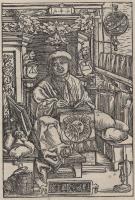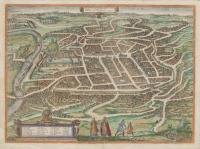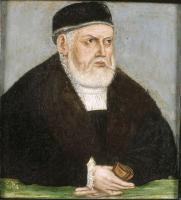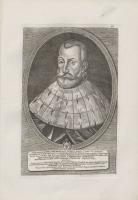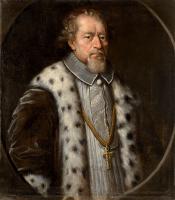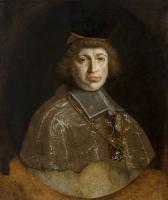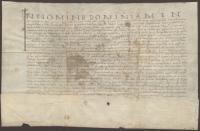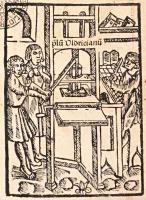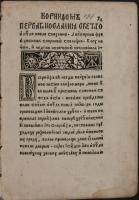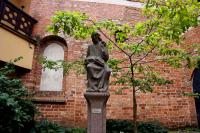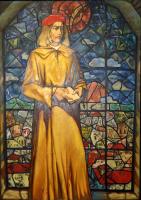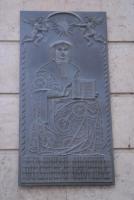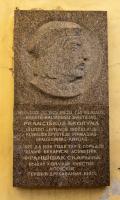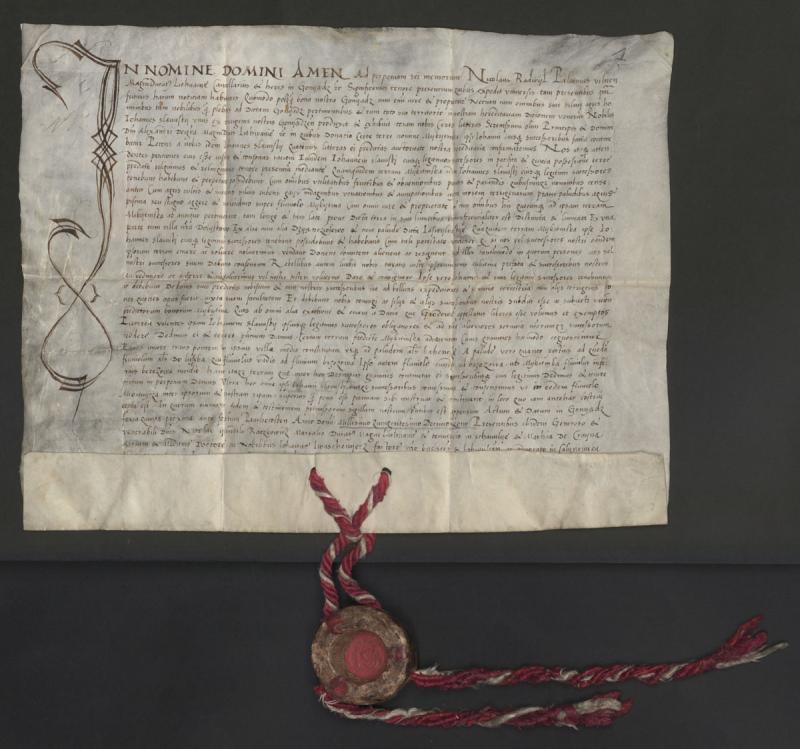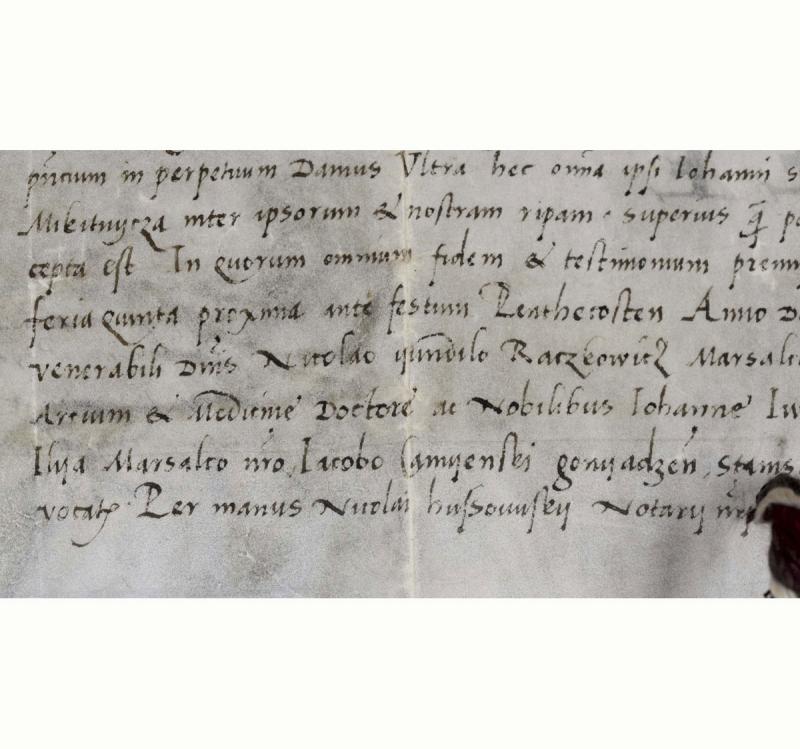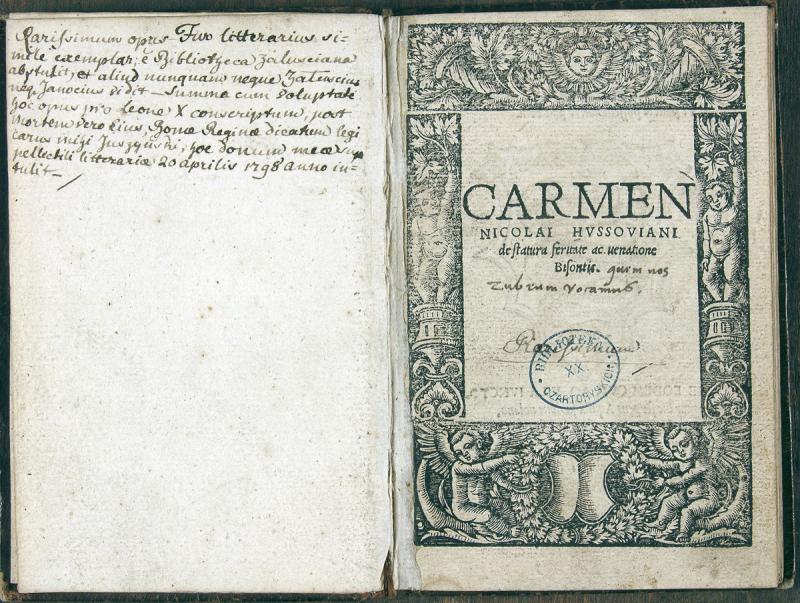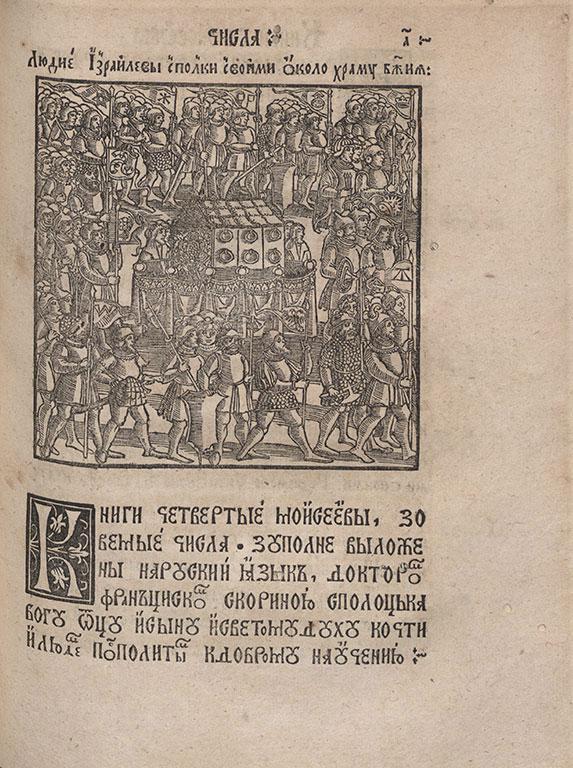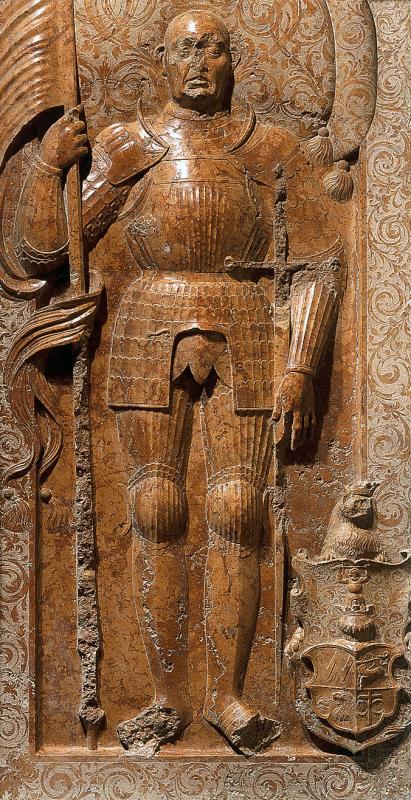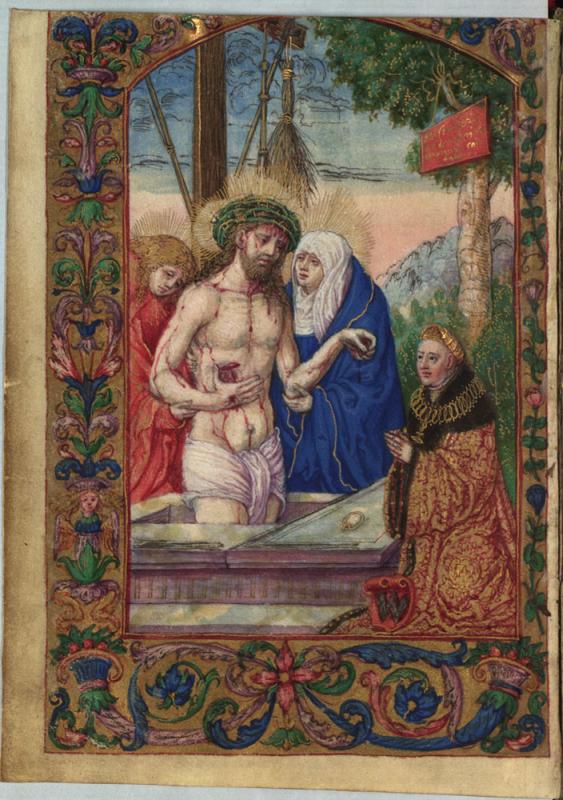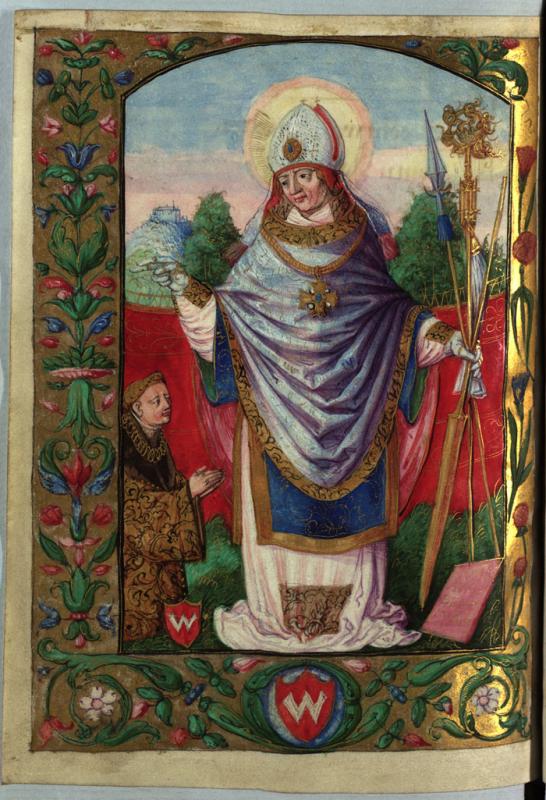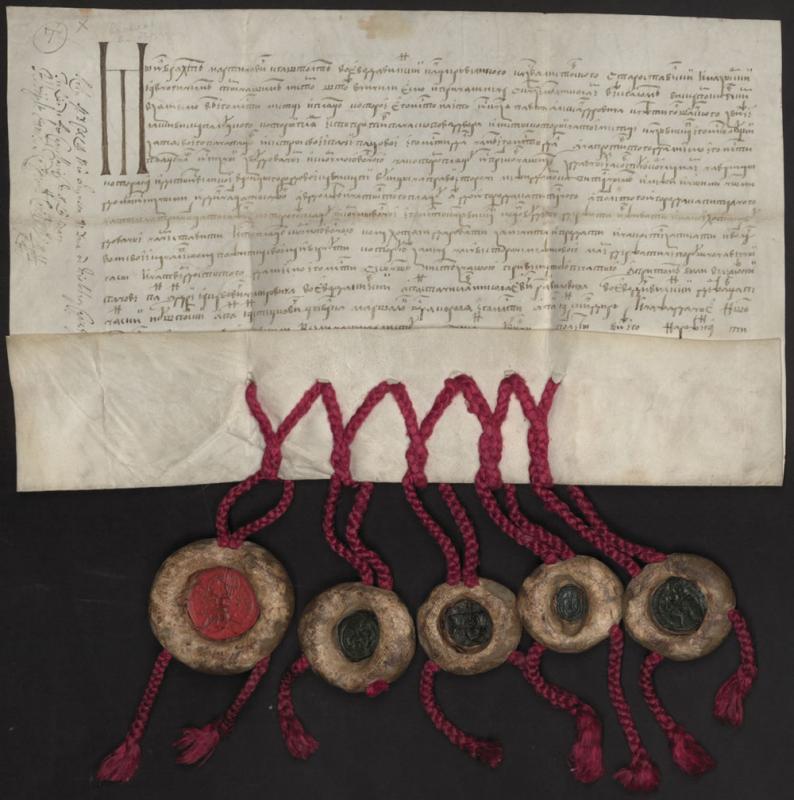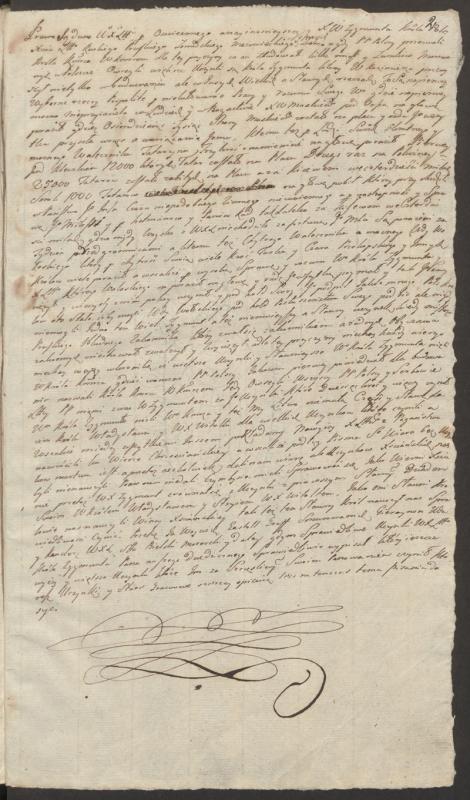Grand Chancellors of Lithuania
Another institution that met the diverse needs of written culture was the Chancery of the rulers of Lithuania. Its origins hail back to 1392, the beginning of the rule of Vytautas. The clerical office established by Vytautas evolved into the Chancery under the rule of Casimir Jagiellon; since 1411 it was headed by a special official called Chancellor. Two writing traditions, the Latin and the Slavic, were used for both internal and international communication. In the 15th century, a dozen clerks and scribes worked for the Chancellor, later their number grew. During the reign of Alexander Jagiellon, the Chancery became the political center of the Grand Duchy. The individuals appointed to this position also held the office of Vilnius Voivode.
Among the Vilnius Voivodes and Grand Chancellors, two are important to us: Mikalojus Radvila (headed the Chancery in 1509–1521) and Albertas Goštautas (1522–1532). The life and work of Nicolaus Hussovianus are linked to the former. At one point, Hussovianus was in service both to Mikalojus Radvila and the Lutsk Bishop Paulius Alšėniškis. Indeed, on July 29, 1518, he as “a priest of the Peremysl Diocese, notary and clerk by the will of the Holy See” signed the will of Paulius Alšėniškis’ mother Sofia. On June 16, 1519, in Goniądz, he wrote a letter from Mikalojus Radvila to a noble by the name of Jan Sławiński, identifying himself as a notary to the voivode. Probably soon after that, from 1519 to 1522, Hussovianus visited Rome, where he might have brought the concept and even a draft of his poem “Carmen de statura, feritate ac venatione bisontis” (“A Song about the Appearance, Savagery and Hunting of the Bison”), which was later (in 1523) published in Cracow. Mikalojus Radvila’s achievements in legislation are even greater. It was under his supervision that the first redaction of the First Lithuanian Statute was compiled.
The Chancery of the Grand Duke began to work particularly efficiently, when the new Vilnius Voivode, Albertas Goštautas, took over its headship in 1522. To strengthen the legal protection of the state, Goštautas made sure that the Statute included prohibitions against foreigners acquiring property and holding official positions in Lithuania. The Statute was approved by Sigismund the Old in 1529. Two compendia of the Lithuanian Chronicles, the Second and the Third (also known as the Bykhovets Chronicle), were also compiled in Goštautas’ environment. These chronicles for the first time presented a synthetic picture of the history of Lithuania. Goštautas had a personal library. There is an extant prayer book formerly owned by him. It was created in 1528 by an acclaimed Polish artisan, the Cistercian monk Stanisław Samostrzelnik.
Given that Sigismund the Old promised to the noblemen of Lithuania to print the First Statute, some scholars believe it might have been the reason behind Skaryna moving from Prague to Vilnius.
LMAVB RSS A-8255, lap. 12
LMAVB RS F1-64
A letter from the owner of the Goniądz estate, the Vilnius voivode Mikalojus Radvila, in which he leaves the land of Mikicin to a noble called Jan Sławiński. The letter was prepared by the notary Nicolaus Hussovianus.
Muzeum Narodowe w Krakowie. Biblioteka Książąt Czartoryskich 16-Cim-I-2288
OLB A II 4° 26
Nacionalinis muziejus Lietuvos Didžiosios Kunigaikštystės valdovų rūmai
Liudviko ir Maksimiliano universiteto biblioteka. Miunchenas Cim. 89, lap. 1 verso
Liudviko ir Maksimiliano universiteto biblioteka. Miunchenas Cim. 89, lap. 206 verso
LMAVB RS F6-141
A letter from Voivode of Vilnius and Grand Chancellor of Lithuania, Albertas Goštautas, in which he exchanges his land plot with a tavern in Vilnius to a “place” and tavern belonging to the Kiev bishop Mikalojus Viežgaila and formerly owned by Pacienė, the sister of the Luck bishop Paulius Alšėniškis.
“The Praise” was created in 1529 in gratitude for the approval of the First Statute of Lithuania. Its text is extant in three languages: Polish, Latin, and Ruthenian.

